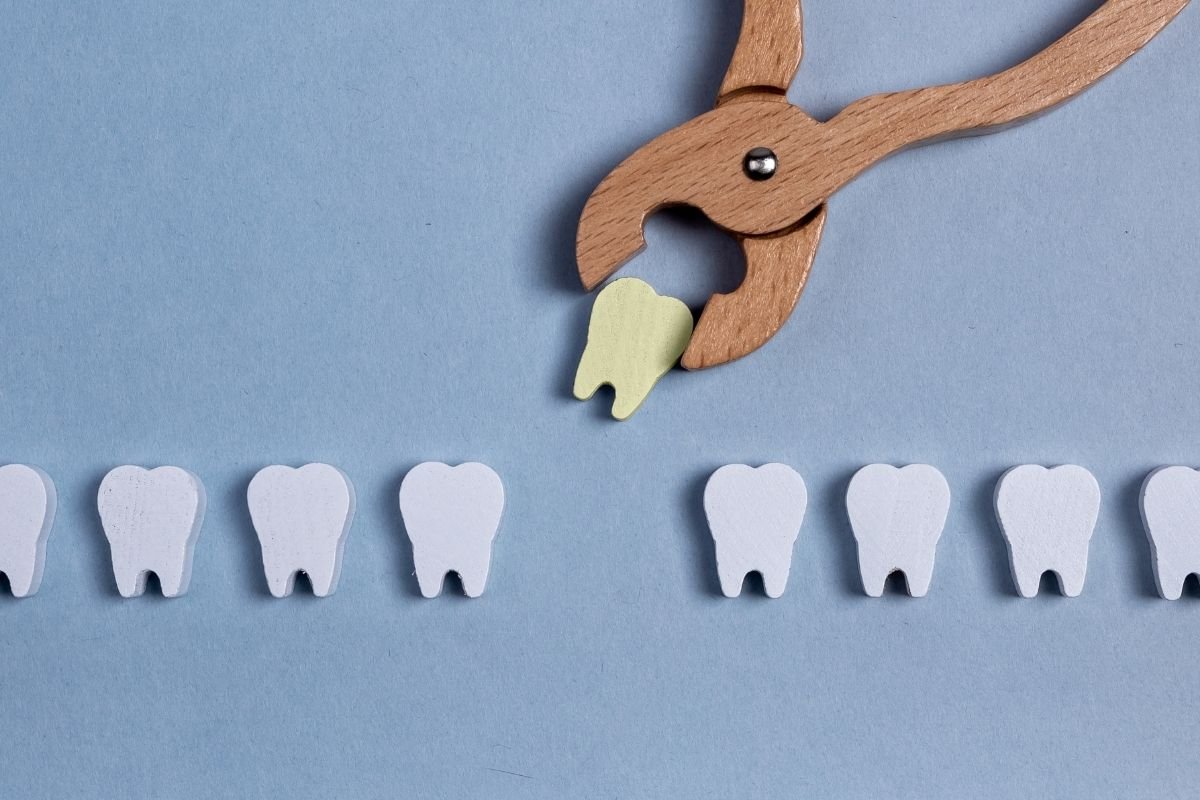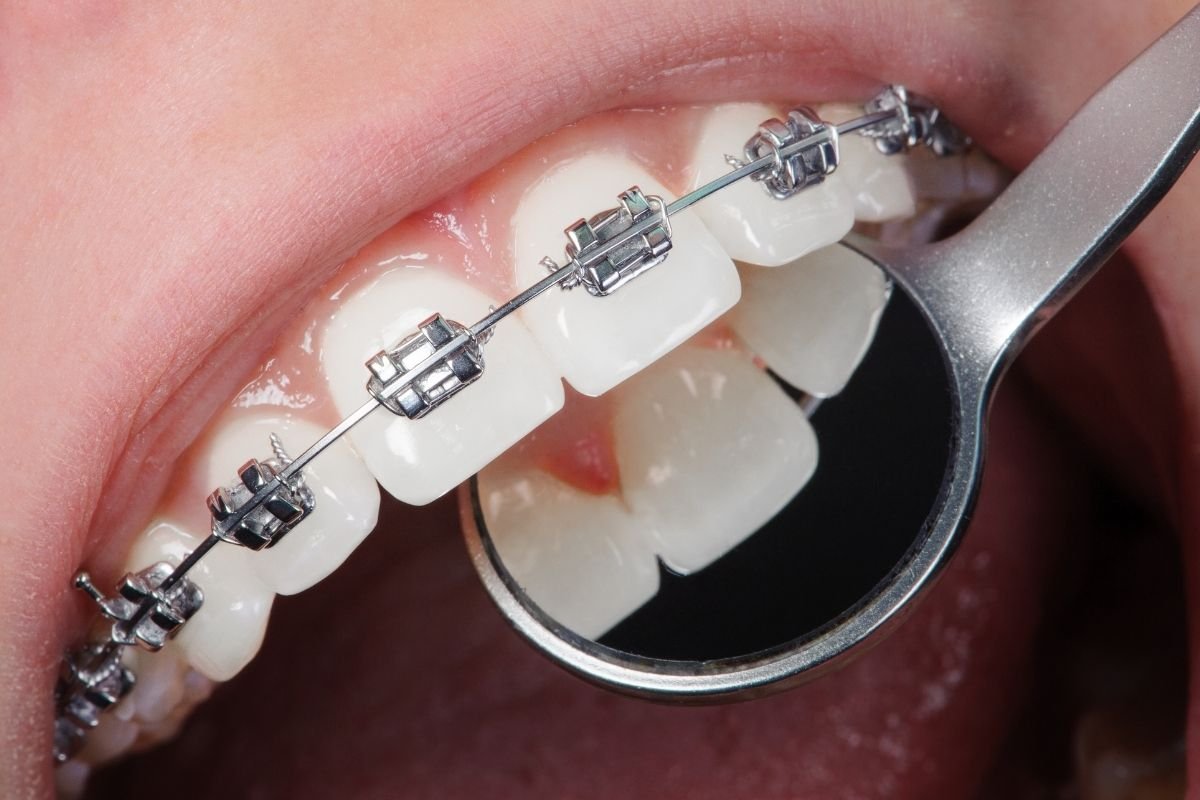
A captivating smile can light up a room and leave a lasting impression. Dental veneers, a cornerstone of cosmetic dentistry, offer a pathway to achieving a flawless smile. This comprehensive guide demystifies the world of dental veneers, revealing their transformative potential.
Understanding Dental Veneers: A Work of Art in Dentistry
Dental veneers are wafer-thin, custom-made shells crafted from materials like porcelain or composite resin. They are meticulously designed to cover the front surface of teeth, providing a natural-looking, aesthetically pleasing result.
Types of Dental Veneers
- Porcelain Veneers: Handcrafted from porcelain, these veneers offer exceptional durability and a remarkably lifelike appearance.
- Composite Resin Veneers: Created from a tooth-colored resin, these veneers are more cost-effective and can be fabricated in a single visit.
The Dental Veneer Process: From Consultation to Transformation
- Initial Consultation: A detailed discussion with a cosmetic dentist to assess suitability, discuss goals, and outline the treatment plan.
- Preparation of Teeth: A minimal amount of enamel is removed to create space for the veneers. Impressions of the teeth are taken.
- Veneer Fabrication: Skilled technicians meticulously craft each veneer in a dental lab, ensuring a precise fit and natural appearance.
- Bonding the Veneers: The veneers are delicately bonded to the teeth using a specialized adhesive, and final adjustments are made.
Advantages of Dental Veneers
- Enhanced Aesthetics: Dental veneers can correct a myriad of cosmetic concerns, including discoloration, chips, gaps, and misalignment.
- Minimal Tooth Alteration: Compared to other procedures, the enamel removal in veneer placement is minimal, preserving the integrity of the tooth.
- Stain Resistance: Porcelain veneers are highly resistant to staining, ensuring a long-lasting, radiant smile.
The Road to a Radiant Smile: Candidacy and Considerations
Who Is an Ideal Candidate for Dental Veneers?
Dental veneers may be suitable for individuals experiencing:
- Discoloration or staining that is resistant to teeth whitening.
- Chipped or worn teeth.
- Gaps or minor misalignment.
- Irregularly shaped or uneven teeth.
Considerations Before Getting Dental Veneers
- Irreversible Process: Enamel removal is irreversible, so it’s crucial to weigh the decision carefully.
- Maintenance and Replacement: Veneers are durable but may need replacement after 10-15 years, depending on care and wear.
- Gum Health: Healthy gums are vital for the success of veneers. Any underlying gum issues should be addressed beforehand.
Dental Veneers vs. Alternative Procedures
Veneers vs. Dental Crowns
- Amount of Tooth Removal: Veneers require less enamel removal compared to crowns.
- Strength and Durability: Crowns offer greater strength, making them ideal for more severe damage.
- Cosmetic vs. Restorative: Veneers primarily address cosmetic concerns, while crowns are used for both cosmetic and functional restoration.
Veneers vs. Teeth Whitening
- Extent of Discoloration: Veneers are suitable for cases where stains are resistant to traditional whitening methods.
- Permanent vs. Reversible: Veneers offer a permanent solution, while whitening may require ongoing maintenance.
- Immediate vs. Gradual Results: Veneers provide an instant transformation, whereas whitening may require multiple sessions.
Maintaining Your Radiant Smile: Care Tips and Practices
Maintaining dental veneers involves adopting a tailored oral care routine:
- Regular Dental Check-ups: Routine visits facilitate early detection of any issues and ensure the longevity of your veneers.
- Gentle Toothpaste and Soft Toothbrush: Non-abrasive toothpaste and a soft-bristle brush help preserve the veneers’ luster.
- Avoiding Stain-causing Substances: Limit consumption of foods and beverages known to stain teeth.
- Night Guard for Teeth Grinding: If you grind your teeth at night, a night guard helps protect your veneers from potential damage.
FAQs About Dental Veneers
Can I Whiten Veneers?
Dental veneers are resistant to staining, so traditional teeth whitening methods won’t be effective. It’s essential to discuss any concerns with your dentist.
Are Dental Veneers Reversible?
The process involves removing a thin layer of enamel, which is irreversible. However, alternative treatments can often be explored.
Do Veneers Feel Like Natural Teeth?
Yes, veneers are designed to look and feel like natural teeth. With proper care, they seamlessly integrate into your smile.
Can I Get Veneers on Just a Few Teeth?
Yes, veneers can be applied to one or more teeth, addressing specific cosmetic concerns while maintaining a natural appearance.
Do Veneers Require Special Care?
While veneers don’t require extraordinary care, it’s essential to adopt a regular oral hygiene routine and attend routine dental check-ups.
Are Veneers Covered by Insurance?
Since veneers are considered a cosmetic procedure, they are typically not covered by insurance. However, it’s advisable to check with your provider for specific details.
Conclusion: Radiate Confidence with Dental Veneers
Dental veneers represent a transformative journey towards a radiant smile. Their remarkable ability to correct imperfections and enhance aesthetics is a testament to the artistry of modern dentistry. Embrace this opportunity to unlock a new level of confidence and self-expression. Experience the magic of dental veneers and embark on a journey to a more radiant you.









